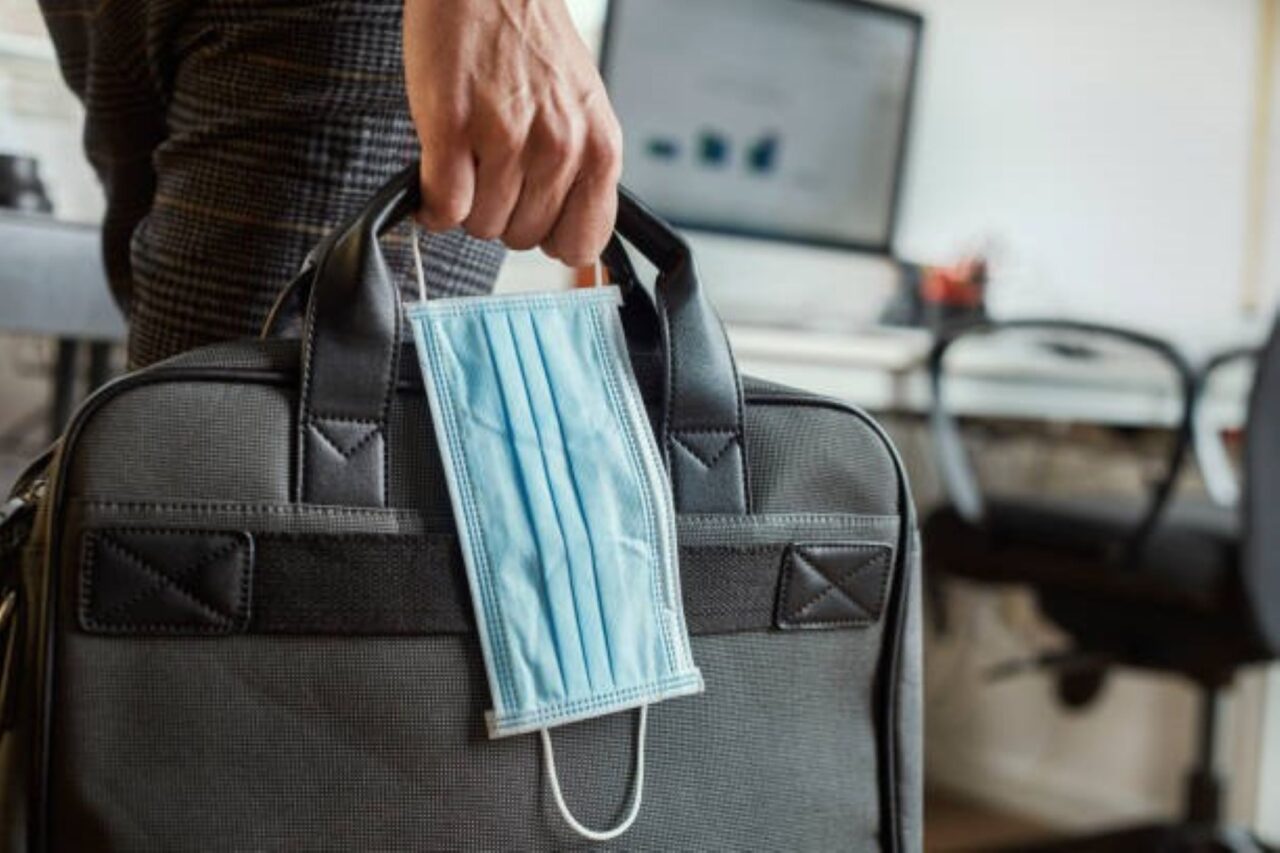By Dr. Norman Itkowitz, Psychologist
The process of returning to the office and life as it was pre-Covid can be a daunting process and differs from person to person. For some, the idea of jumping back into a previous way of life is welcomed, while for others it is quite traumatic. Clinical psychologist and trauma expert, Dr. Norman Itkowitz, shares some perspectives on reintegrating into the workplace in this blog.
A New Type of Trauma
As someone who works with trauma victims on a daily basis, this year presented yet a new type of trauma for many adults, children, students, and office workers. At the onset of Covid-19, when it appeared that the pandemic would soon end, I encouraged my clients to engage in nurturing activities such as meditation, hobbies, walking, and other positive pursuits. Little did any of us know that the pandemic would go on for over a year and that many individuals would grow accustomed to a “new normal.” Now, with more than 50% of the US population vaccinated, the light at the end of the tunnel is well in sight and we appear to be headed toward normalcy.
Now what? Do we resume our normal lives and go back to the way things were, or has life as we know it changed forever? I’d like to share a few thoughts based on my observations.
The Path to Normal
For some, returning to “normal” will be as easy as shedding the mask, while others have become comfortable with the Covid protocols. One of my patients shared that she loved working from home, appreciated the isolation, and dreaded returning to the office. Others confide that they still live in deep fear and refuse to remove their mask despite being healthy and vaccinated.
Fear can be emotionally draining, anxiety immobilizes you from living normally, and not knowing what to do is scary, especially in the face of uncertainty from leaders and the day-to-day shifts in protocols. The pandemic has been a once-in-a-lifetime event in which people got sick, many of whom died, which has created a fear we’ve never experienced before.
I once asked a combat soldier, “how do you confront fear when you freeze in the face of combat?” His answer was “Move.”
Confronting Fear
There is no right or wrong way to confront fear. Feelings are simply feelings. If you wish to change a feeling, one step is to ask yourself, “what do I believe?” The essence of cognitive behavioral theory is that beliefs and thoughts play a significant role in the way you feel. In cognitive therapy, we address the thinking as a method in changing feelings.
By contrast, in exposure therapies we confront fear by charging toward the fear. In other words, move toward the fear rather than away from it, knowing that avoidance will only delay the inevitable.
Back to Office Challenges
I believe there are two key challenges that people face with heading back to the office:
- Perhaps during Covid you began restructuring your life by increasing the amount you exercised, losing weight, or engaging in creative activities. Working from your remote office afforded you extra time in your day to engage in these activities, since some of your time previously spent commuting or engaging in office politics has been freed up. In your mind, returning to the office represents a setback, in which you may potentially lose the progress you made in these areas.
- You have become accustomed to avoiding social situations. Suddenly the idea of handshakes, coughing, or sneezing worries you. If you have lost a loved one or friend to Covid, the fear could be heightened. You cannot cope with the idea of being forced back into the previously “normal” world.
The Reintegration Process
The process of reintegrating to post-Covid life or returning to the office is a personal journey and should be approached gradually. For some, the idea of jumping back into their previous way of life is welcomed. For others, it will take more time and will require baby steps.
Here are a few tips that may provide comfort and help you ease back in:
- Continue to wear a mask in public, while commuting, and in the office if that helps you to feel more comfortable;
- If your company is flexible, try commuting to work a couple of days a week and working remotely the remainder of the time (otherwise known as a hybrid work model);
- Begin socializing with close friends or family you have missed, and
- Accept risk as part of life. You already do this each time you drive because driving is an inherent part of life. Acknowledge that you have become accustomed to a new way of living, but can be open to exploring how post-Covid life can work well for you. In other words, begin an exposure program.
Taking smaller steps towards reintegration will allow your fears to diminish gradually and your comfort level with business and social interactions to increase.
Dr. Norman Itkowitz is a Clinical Psychologist with specialties in PTSD and Clinical Insomnia. He worked at the VA from 2003 – 2017 and currently has a private practice and consults with the Memphis Fire and Police Departments. Any questions you have about this blog may be directed to Norman at Docnorman50@yahoo.com.





